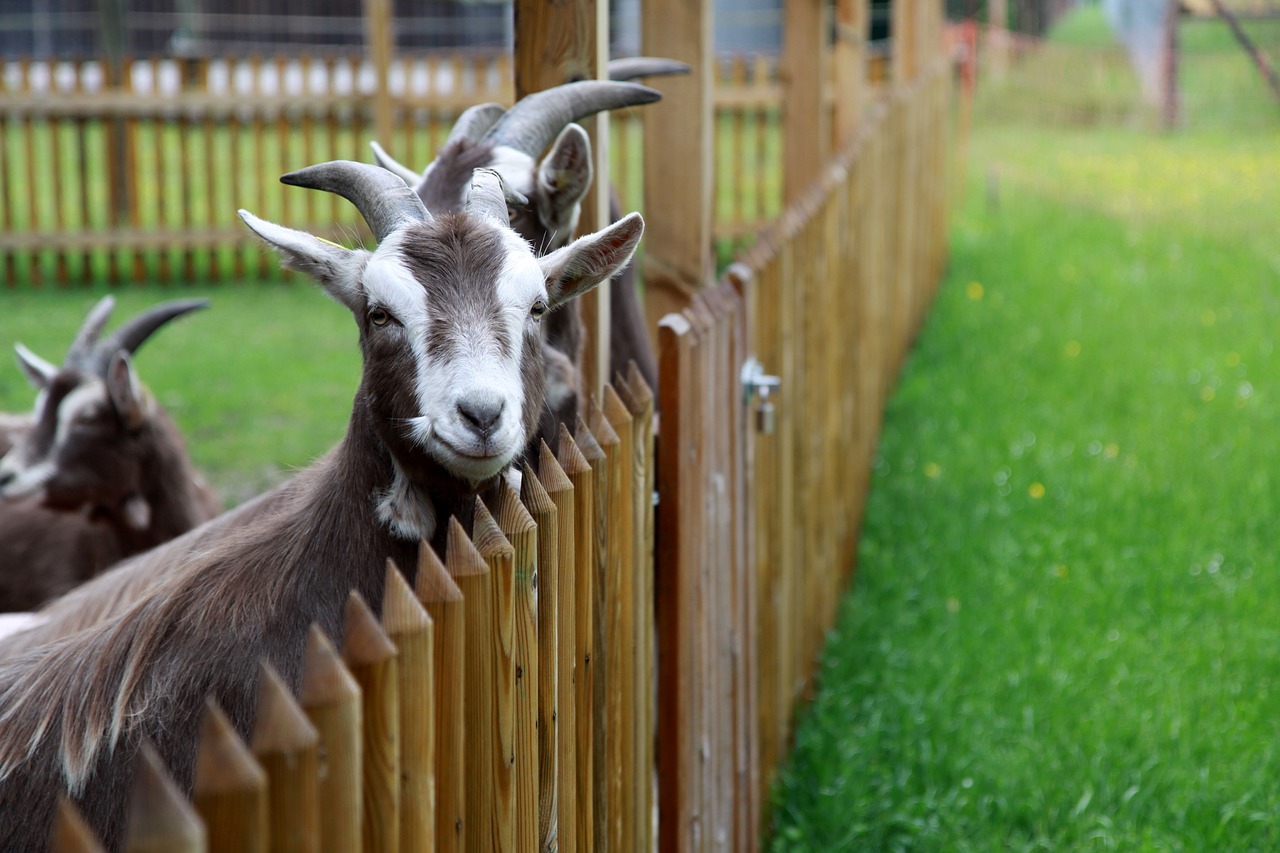Volunteering at Animal Shelters: A Rewarding Activity for Senior Animal Lovers

Volunteering at an animal shelter can be a fulfilling and enriching experience for seniors who love animals. It allows them to give back to their communities and provides numerous benefits for mental and physical health. As we explore the advantages of volunteering at animal shelters, we will delve into how seniors can engage in this rewarding activity and its positive impact on their lives and the lives of the animals they help.
The Benefits of Volunteering at Animal Shelters

Emotional Fulfillment and Purpose
For many seniors, retirement can sometimes lead to feelings of emptiness or a lack of purpose. Volunteering at an animal shelter can fill that void by offering a meaningful way to spend their time. Helping animals in need can create a sense of fulfillment and achievement, allowing seniors to feel valuable and connected to their communities.
Companionship and Social Interaction
Animal shelters often bring together a diverse group of volunteers. This setting provides an excellent opportunity for seniors to meet new people and build friendships with like-minded individuals who share a love for animals. The social interactions that occur while volunteering can combat feelings of loneliness and isolation, fostering a sense of belonging and community.
Emotional Support and Stress Relief
Interacting with animals has been shown to reduce stress and promote feelings of happiness. Their companionship can be incredibly soothing, and spending time with them can lead to the release of feel-good hormones like serotonin and oxytocin. This emotional support is especially beneficial for seniors who may be dealing with anxiety, depression, or other mental health challenges.
Physical Benefits of Volunteering

Encouragement of Physical Activity
Volunteering at an animal shelter often involves physical activity, such as walking dogs, cleaning kennels, or engaging in playtime with animals. This active lifestyle helps seniors maintain their mobility and fitness levels, which is crucial for overall health and well-being. Regular physical activity can improve cardiovascular health, boost energy levels, and enhance mood.
Skill Development and Mental Stimulation
Engaging in volunteer work provides seniors with opportunities to learn new skills and keep their minds active. Volunteering can be intellectually stimulating, whether it’s learning how to train animals, handle different breeds, or manage shelter operations. This mental engagement is vital for cognitive health and can help prevent age-related decline.
Getting Started with Volunteering

Research Local Shelters
The first step in getting involved is to research local animal shelters and rescue organizations. Many shelters have volunteer programs tailored to different skill levels and interests. Some may offer opportunities for direct animal care, while others may focus on administrative tasks, fundraising, or community outreach.
Understand Your Commitment
Before committing to a volunteer role, seniors should consider their availability and physical capabilities. Many shelters appreciate any time that volunteers can offer, whether it’s a few hours a week or a monthly commitment. Being clear about one’s limitations will help shelters find suitable roles that match individual preferences and abilities.
Training and Orientation
Most animal shelters require volunteers to undergo training or orientation sessions to ensure they understand the shelter’s policies and procedures. This training may cover topics such as animal behavior, safety protocols, and basic animal care. This knowledge will empower seniors to feel confident and effective in their roles.
Types of Volunteer Roles Available

Dog Walking
Walking dogs is one of the most popular volunteer activities at shelters. It provides dogs with the exercise and socialization they need while allowing seniors to enjoy some fresh air and physical activity.
Animal Socialization
Spending time with animals can help them become more comfortable and adaptable. Volunteers may engage in activities like playing with puppies, petting cats, or providing companionship to shy or fearful animals.
Administrative Support
Many shelters require help with administrative tasks, such as answering phones, processing applications, or organizing events. Seniors with experience in office work or a willingness to learn can make valuable contributions in these areas.
Fundraising and Community Events
Shelters often host events to raise funds and awareness. Seniors can help organize these events, reach out to the community, or assist with marketing efforts. This involvement can further enhance their sense of community and connection.
Creating Lasting Impact

Advocacy and Awareness
Volunteering at an animal shelter also provides seniors with the opportunity to advocate for animal welfare. By sharing their experiences and stories, they can raise awareness about the importance of adopting pets, responsible pet ownership, and the work that shelters do to rescue and rehabilitate animals.
Lifelong Learning
Volunteering can be a platform for lifelong learning. Seniors can attend workshops, seminars, and events related to animal care, behavior, and training. This continual education can keep them engaged and foster a deeper understanding of animal welfare.
Conclusion

Volunteering at animal shelters offers seniors a unique opportunity to combine their love for animals with a meaningful and fulfilling activity. The emotional, physical, and social benefits are substantial, helping to enhance overall well-being while positively impacting the lives of animals in need. By dedicating their time and skills to a cause they care about, seniors can experience a renewed sense of purpose and joy. Whether it’s walking dogs, socializing cats, or assisting with administrative tasks, volunteering at an animal shelter can be a rewarding experience for senior animal lovers.





